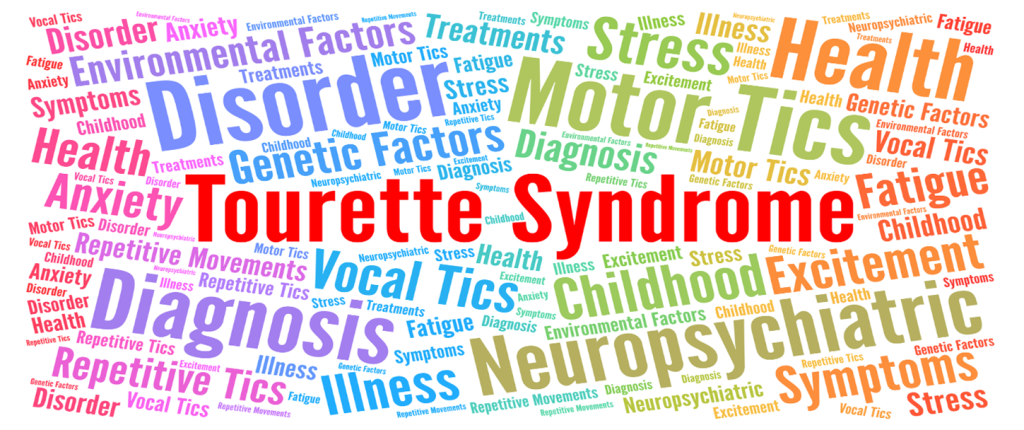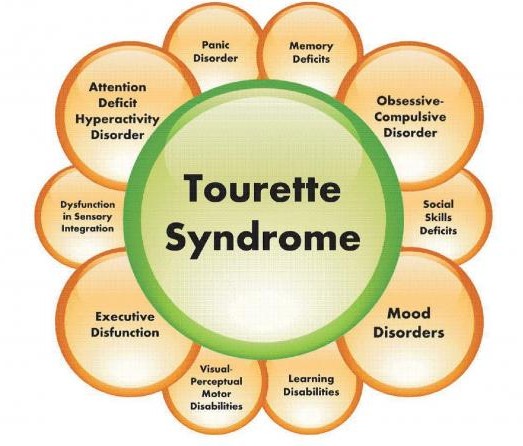Understanding Tourette Syndrome: What Our School Community Should Know
Tourette Syndrome (TS) is a neurological condition that often begins in childhood, affecting many students in schools around the world. Understanding TS as a school helps us create a supportive and inclusive environment where every child can thrive.
What is Tourette Syndrome?
Tourette Syndrome is a disorder characterized by involuntary movements and sounds called tics. These tics can be simple, such as blinking or throat clearing, or more complex, including coordinated movements or vocalizations. TS was first described by Dr. Georges Gilles de la Tourette in 1885 and is associated with differences in brain function and neurotransmitters.
What Causes TS?
The exact cause of Tourette Syndrome is not fully known, but research shows it often runs in families, indicating a genetic connection. Imbalances in brain chemicals, particularly dopamine, also play a role. While stress or fatigue can worsen tics, they do not cause TS.
Features of Tourette Syndrome
Motor tics: Sudden movements like eye blinking, head jerking, or shoulder shrugging.
Vocal tics: Sounds such as throat clearing, sniffing, or grunting.
Tics vary in type and intensity and may change over time.
TS usually starts between the ages of 5 and 7.
It is common for children with TS also to experience conditions like Attention Deficit Hyperactivity Disorder ADHD or anxiety.
How Does TS Affect Learning?
- Tics and their related challenges can impact a student’s ability to focus, participate, and communicate. Some learners may feel self-conscious or face teasing, which can affect their confidence and social interactions.
- Additionally, suppressing tics can be tiring, leading to fatigue that interferes with classroom learning.
Supporting learners with Tourette Syndrome
Creating a positive school environment is key. Here’s how schools can help:
- Educate staff and learners about TS to foster understanding and empathy.
- Use behavioral therapies, like Habit Reversal Training, to help learners manage tics.
- Provide accommodations such as extra test time or breaks as needed.
- Encourage open communication and offer counseling support when necessary.
Together We Can Make a Difference
By learning about Tourette Syndrome and supporting learners with kindness and patience, the ICS community can ensure that all learners feel valued and empowered to succeed. Awareness and acceptance are the first steps toward a more inclusive and compassionate learning environment.
ICS Special Educational Needs Department













